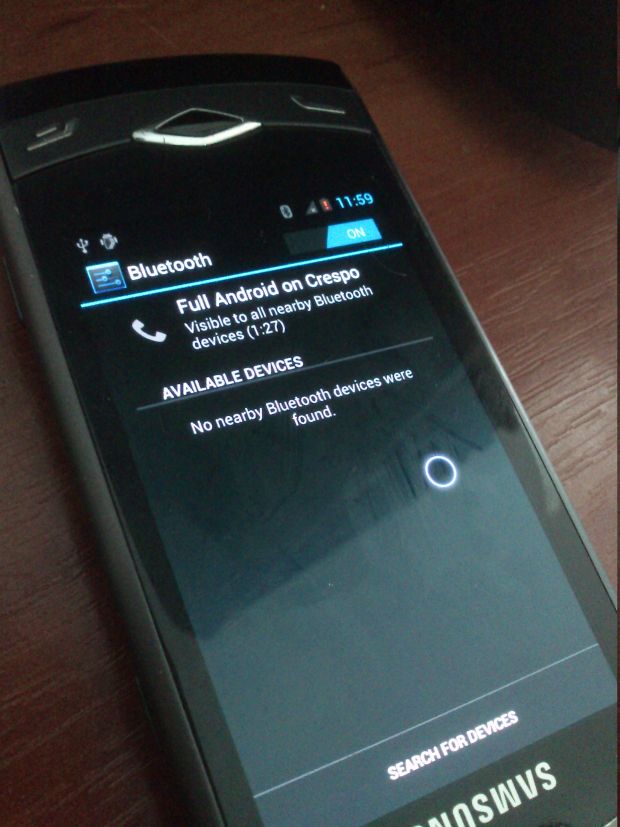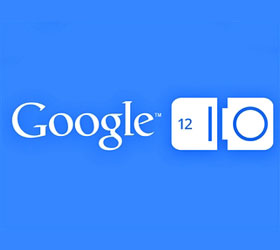Google has come out with the first milestone release of Dart SDK, its programming language for web applications that provides an alternative to JavaScript. Incidentally, it marks a year since it was first announced. Google has also released a number of other components that accompany the updates in the language itself. These include a Dart to JavaScript translator, ‘Dartium’ – a build of Chromium with native Dart support, Dart editor and a package manager called pub. Here is the full list of improvements as quoted from the blog:
- A faster Dart Virtual Machine that on some Octane tests outperforms even V8.
- A new Dart to JavaScript translator that generates fast and compact output.
- An HTML library that works transparently on modern browsers.
- A library to interoperate with JavaScript code.
- An easy to use editor.
- Pub, a new package manager
- Dartium, a Chromium build with native Dart support.
- A server-side I/O library.
- A language specification describing the Dart semantics, including new features.
Although Dart has been actively pursued by Google, the native support for Dart hasn’t arrived in its own web browser – Chrome, the only method to deploy Dart applications as of now is to compile them to JavaScript with the translator. It does have a development version of a Chromium build with native Dart support called ‘Dartium’, though other browser vendors like Mozilla, Microsoft and Opera are unlikely to support it anytime soon. The main concern being the sheer amount of effort this additional language will take to be supported in a meaningful manner. However, Google still intends to make it relevant by focusing on performance and highlighting the fact that developing complex web applications will hopefully become much easier than in JavaScript. The Dart VM may also be used to run server side JavaScript applications like node.js.
It is certainly too early to pass any judgment on the language, but it is definite that making Dart acceptable among web developers and providing a good reason to use it over other standardised technologies will be an uphill climb for Google. For more information on the topic, you may visit the website dedicated to Dart.



